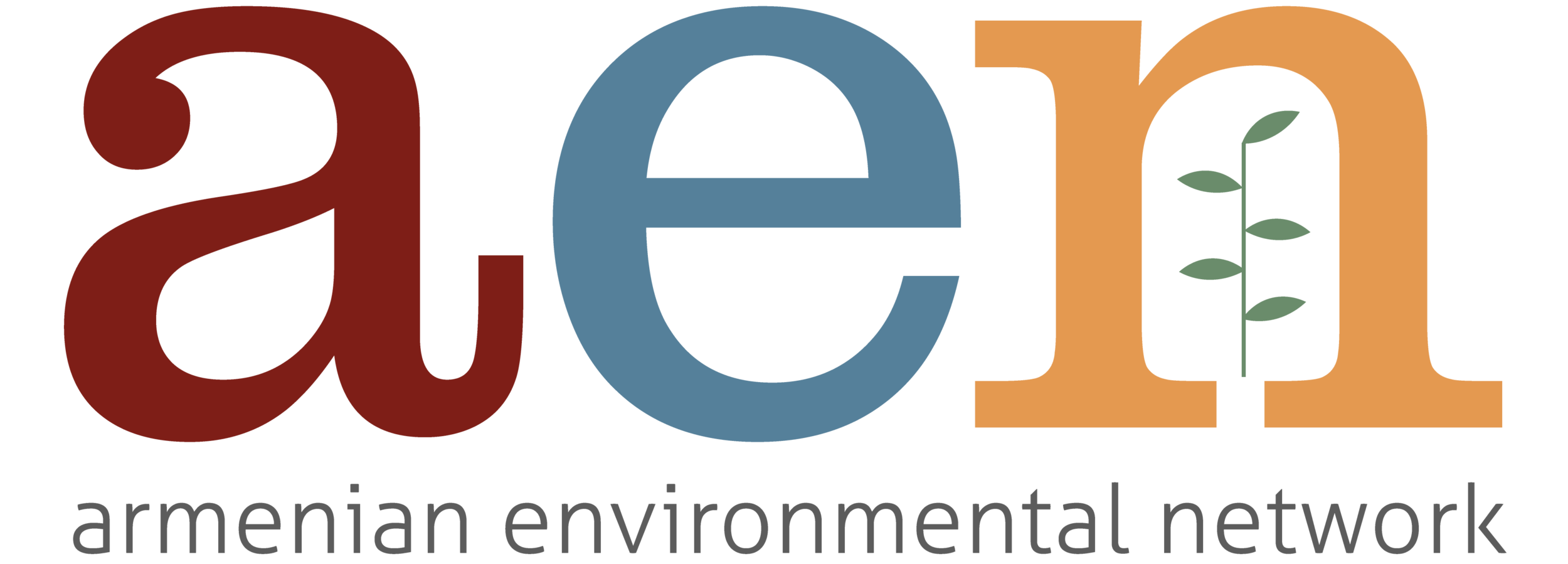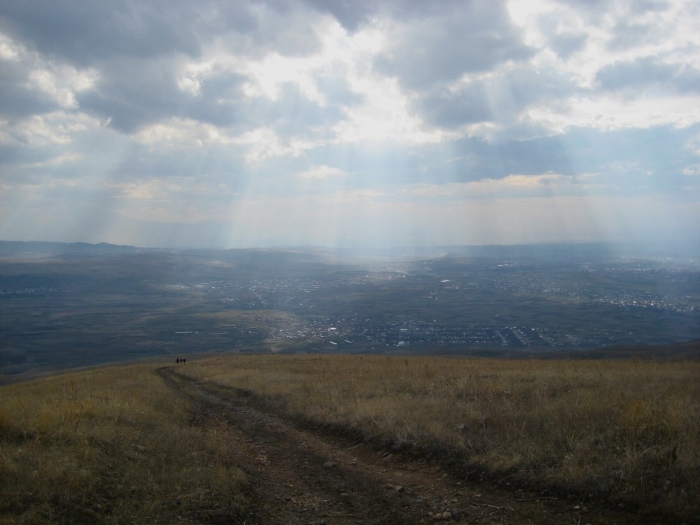Hummingbirds in Hayastan
By Ali Hamlin, AEN volunteer
Wangari Maathai, Nobel Peace Prize Laureate, was a champion of environmental activism in Kenya and founder of the Green Belt Movement, an organization that works to empower communities through tree planting. In discussing the seemingly insurmountable task of healing our natural environment, Maathai inspired others with her story of the hummingbird. In this tale, a forest is threatened by a huge fire. The animals of the forest look on with the feeling that there is nothing they can do to stop the destruction of their home. But a lone hummingbird takes action, spraying water on the fire with its tiny beak. All the other animals say to the hummingbird, “There’s nothing you can do. You’re too small. You can’t put out the fire.” The hummingbird turns to them and says, “I am doing the best I can.” No matter how small, insignificant, or hopeless you may feel, Maathai’s message to the world was to “Be a hummingbird. Do the best you can.”
A few weeks ago I had a hummingbird moment here in Armenia. Two friends and I climbed Mt. Hatis, which is about an hour’s drive from Yerevan. It was a clear, warm day. The obsidian fields on Hatis sparkled in the sunlight, while Ararat watched over us from the horizon. But while the natural beauty of the place wowed us, it was hard to ignore the scattered trash. Lower portions of the mountain were especially littered with plastic bags and bottles. In my two months so far here in Armenia, I’ve found this phenomenon is all too common. My friends and I chose to pass by the trash on our ascent, but we knew we’d collect what we could on the way down.
At the summit, we met a couple from Yerevan who shared the hike down with us. During our descent, my friends and I started to collect any trash we passed. Initially when we stopped to bend down and pick up an old, flattened, plastic bottle, it seemed like our new friends from Yerevan thought we had lost our minds. They looked on at us hummingbirds as we did what we could to clean up the mountain, but they didn’t offer a hand. Of course we wouldn’t be able to collect everything, but we were doing our best. At some point, something must have changed in our new friends, and they started to pitch in. We never told them they should help us. But I think they realized they could be hummingbirds too.
Cleaning up Armenia is a daunting task and it’s easy to become pessimistic. But leading by example is a powerful tool. Sometimes it seems hard to say, “No, I don’t want that plastic bag to hold the two apples I just bought,” especially when the person bagged them up already and now they’re looking at you like you have four heads. I’m certainly guilty of walking out with the bag on many occasions. But maybe one day when you say you don’t want a plastic bag, the person in line behind you will hear you and realize they don’t need a bag either. And slowly but surely it catches on. And maybe one day Armenia will be full of hummingbirds; hummingbirds who do their best despite the odds.


